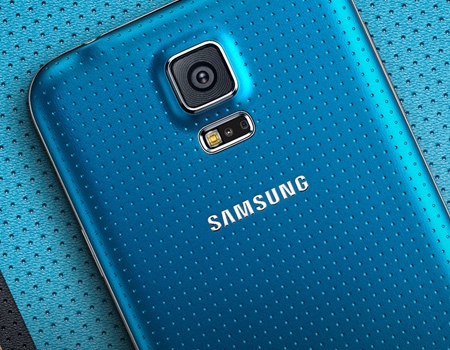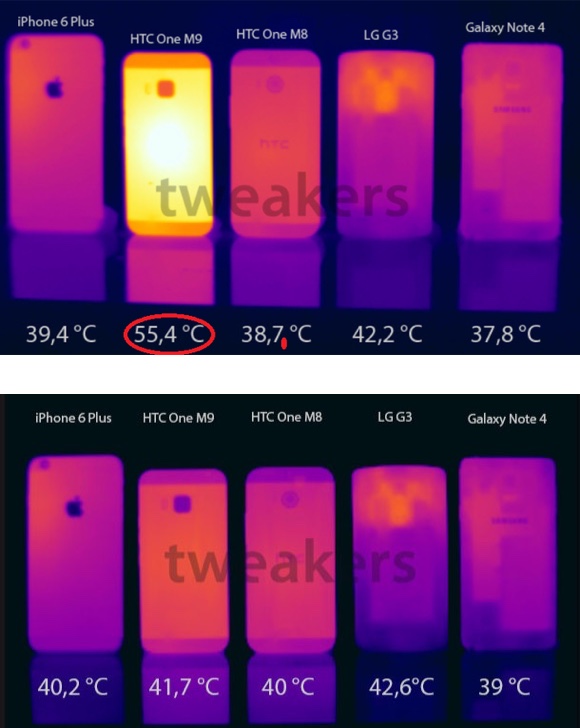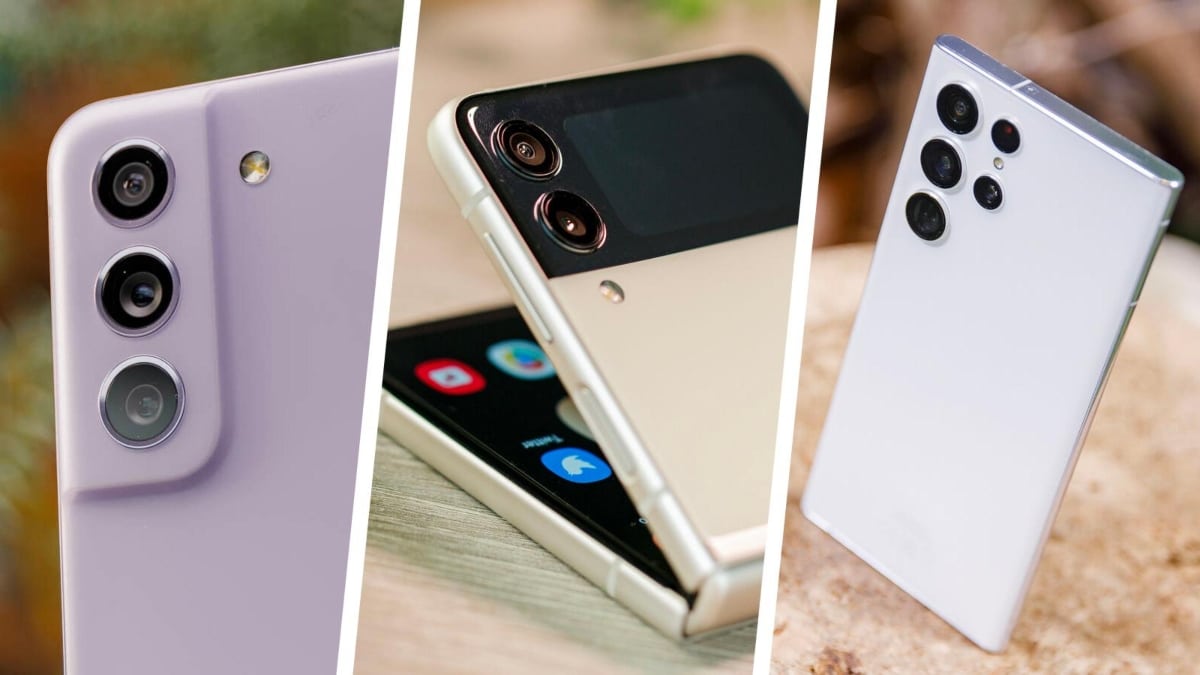
A benchmark, by the meaning of the word itself, is a reference point that allows us to compare the item being analyzed. In the case of smartphones, a benchmark allows us to compare the performance of a smartphone. But, the truth is that today the results of the benchmarks are far from reality, and they are no longer useful for almost anything.
Comparing smartphones
In general, almost every time we analyze a smartphone we give its section to the benchmark, a test in which a specific score is obtained, which is the one that more or less is considered to determine the level of the smartphone, a kind of objective assessment of the level of performance of this smartphone, but the truth is that the benchmarks are increasingly used for less. Not everything is his fault, the benchmarks themselves, but simply that there are things that are impossible to calculate. The level of a smartphone cannot be determined by a single benchmark, so different benchmarks have appeared, for different components of the smartphone, or that analyze the performance of the phone with games of one type, with games of another, with videos of certain characteristics. , others that are responsible for analyzing the performance of the complete processor, others of the different cores ... The problem is that the benchmarks should serve so that users can compare the level of smartphones. When instead of a benchmark we have more than a dozen, and it turns out that in some cases some smartphones are better and in others they are worse, then it does not seem that it is very easy to draw conclusions, even though that was the final objective.
Companies know the benchmarks
Smartphone manufacturers want to sell smartphones. They want the press to speak well of their smartphones. And if the press lately talks about benchmarks, then they want their smartphones to get good scores in the benchmarks. A few years ago it was Samsung that included functions in the software of its smartphones so that the smartphone would achieve higher performance when running benchmark tests, but not in normal operation. This is common in the world of smartphones and computers, actually. The benchmarks, in this case, were not really useful to determine the level of the smartphone. Companies know the benchmarks, and they know how to use them, and in that situation, they are no longer worth anything.
Smartphones change a lot
Something similar has happened with the latest HTC One M9. A smartphone that reached a high temperature when executing high-level processes such as benchmarks. The measurement of that temperature was also in itself a benchmark. When HTC claimed that it was non-final software, and ended up releasing such software, those problems were over, and again, that temperature data was no longer useful. But the truth is that smartphones receive a huge amount of modifications nowadays, modifications that are sometimes not perceived in the benchmark results. The same has happened with the HTC One M9, whose benchmark results have not been particularly affected despite the fact that now, probably, the processor does not reach such a high level of performance. It is not clear if it was a great optimization of HTC or not. But whether or not it is, what is clear is that it is something that the benchmark does not know.
Only useful for roughly determining the level
Benchmarks nowadays no longer serve to accurately compare a smartphone. Due to the aforementioned, in the end we only have one thing left, and that is to be able to determine approximately the level of a smartphone in the market, something that anyone could do knowing some of the technical characteristics of the smartphone, such as its processor, RAM memory and screen. The only real utility that we have recently found in the benchmarks is in those smartphones whose characteristics are not fully known, and a score of these in a benchmark can give us a clue of the level of this, although the truth is that the scoring is usually accompanied by technical specifications, much more useful to determine the quality of a smartphone.
Personal opinions are more useful
In the end, it is curious how the most useful thing to compare is personal opinion. There are characteristics of a smartphone that do not depend on its speed, or the numbers of it. In fact, the numbers are nothing more than human approximations to measure details that we perceive with much more complex senses. And no, I do not have the same opinion about smartphones as my colleagues on this blog, or the editors of other media, so the opinions will be different. But when I say that a mobile is for me the best that has been launched with Android so far, I am giving a real fact, and that is that I, and people like me, love that particular smartphone above the rest. There will be readers who will think the same as me, or will think differently from me, but even the latter can use the benchmark that I have to analyze smartphones. If they know that I like smartphones that they don't, then they already know that the smartphones that I choose, they will not have to choose. In the end, we act as a benchmark, we limit ourselves to comparing, with the difference that we cannot be as objective as the benchmarks themselves. The advantage, yes, is that people do not limit ourselves to putting figures, and we cannot be deceived. Sometimes we just like something, without really knowing why. The only hope that remains for those of us who are dedicated to writing is that, although we do not know why, at least we hope to know how to explain it.

